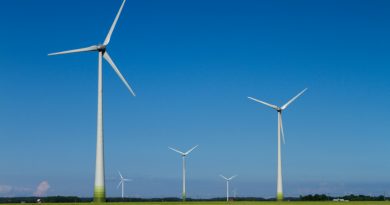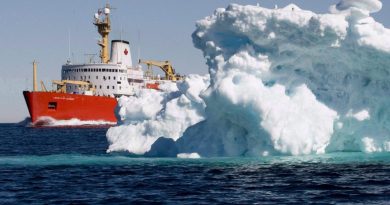Arctic Canada: Yukon women weigh in on sexism in politics
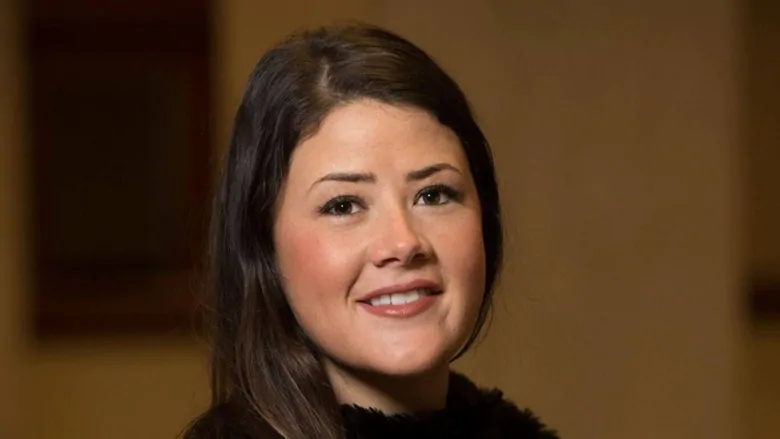
Senator Pat Duncan has no trouble recalling how she was sometimes belittled as the first female premier in Yukon, Arctic Canada.
“I think about some of the comments in the legislature over my years there, ‘The hen party across the floor,’ and ‘The premier going shopping for a wardrobe in Calgary,’ — those kinds of comments.”
That was in the early 2000s. Duncan thinks a lot has changed since then, but not enough.
Kluane Adamek, Yukon regional chief for the Assembly of First Nations, agrees — sexism and gender bias is still alive and well in Canadian politics, at all levels.
“Every woman, in all of the work that we do, whatever it may be, we’ve all experienced it,” she said.
“I find oftentimes I’ll go to a meeting, and they’ll be looking for Mr. Adamek — and you know, I’ve got to chuckle about that, but at the same time it is unfortunate that that is the assumption that people always make.”
Adamek and Duncan, along with Whitehorse city councillor Jan Stick, took part in a panel discussion on CBC Yukon’s A New Day, on Tuesday. They reflected on how to close the gender gap in politics.
A recent CBC/Radio-Canada analysis of results in the last three federal general elections found that fewer women ran for office than men in the past decade, but they were also elected less often.
Several factors explain the gap: Women are more likely than men to find themselves running in hard-to-win ridings instead of in party strongholds, and women also receive less money from their party and riding associations to fund their campaigns.
“Women need to see themselves in positions of power,” said Duncan. “One of the key things is to see women at the table, in positions of leadership, in the legislature.”
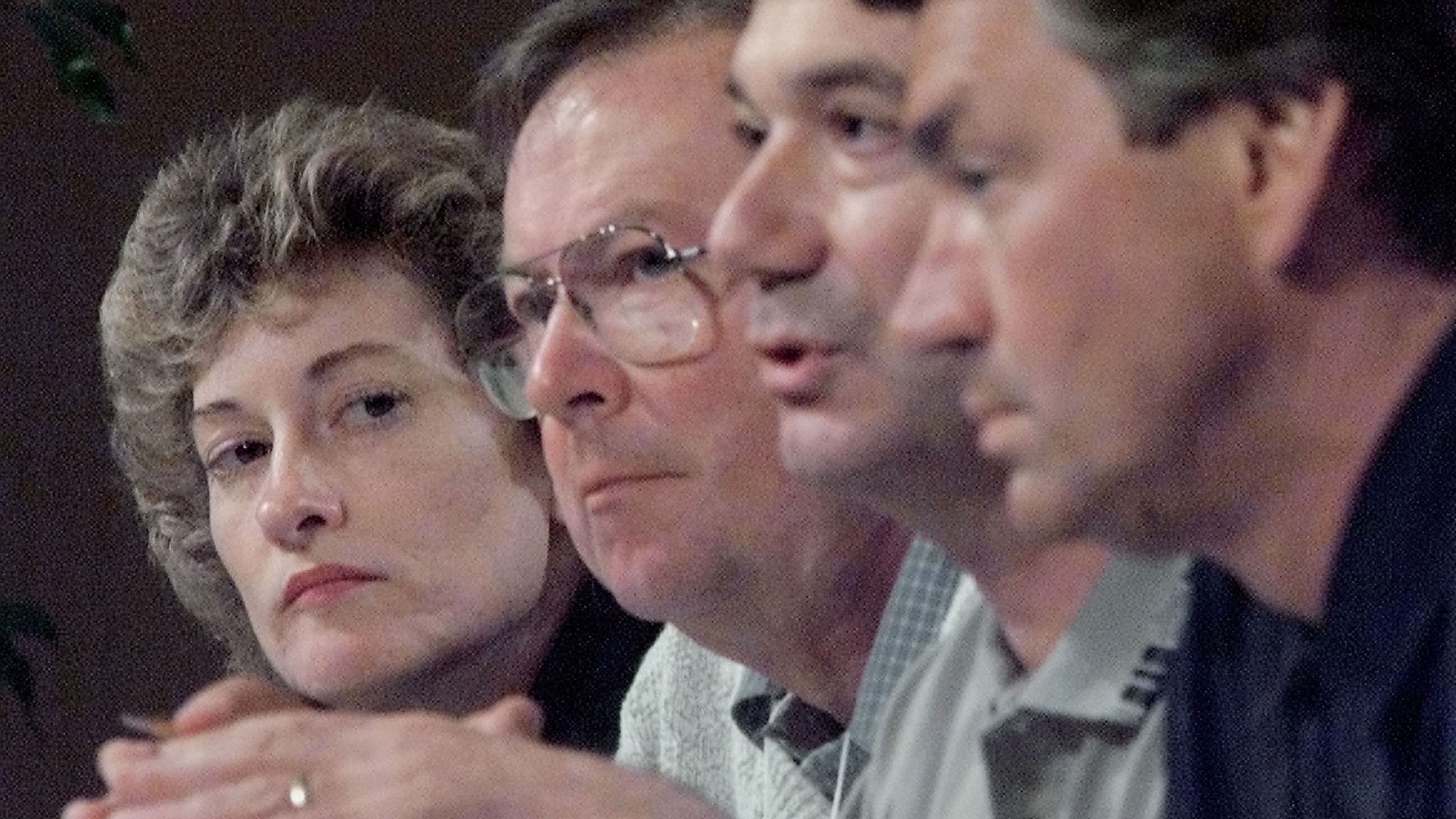
Of the five people running this fall to be Yukon’s MP, only one is a woman. The territorial legislature is closer to being representative of the population, with seven women among 19 MLAs.
“There’s a lot of room for movement, there’s a lot of room for change,” said Adamek. “I know that those numbers aren’t where we need to be.”
Stick, who is also a former MLA, agreed, but also said Yukon is seeing progress.
“I do think that we’ve done probably better than many of the provinces or territories, when it comes to representation both in the legislature, and municipally,” Stick said.
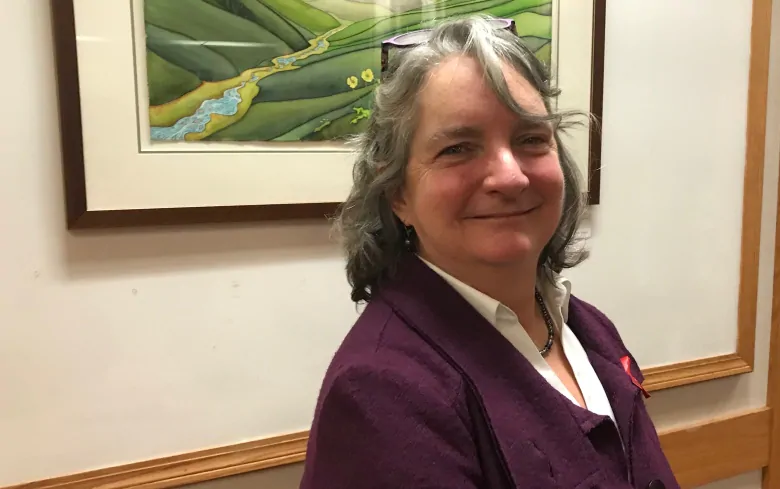
“You know, it’s not unusual [to have] women mayors in Yukon, half of Whitehorse city council is women. We have a female leader in the Yukon Legislature [NDP Leader Kate White].”
‘Career or family?’
Adamek says one of the big challenges for women in politics is balancing work and family — and dealing with questions that men aren’t asked as often.
“Certainly as a young woman, a lot of people have wondered and asked me, ‘Well, what are you going to choose, career or family?’ So it becomes a really challenging moment to say, ‘Well, why can’t we do both?”
Stick says when she first ran for city council, she waited until her kids had finished high school.
“That was a conscious decision on my part. It just felt right for me and for my family,” she said.
“It’s amazing in the last number of years how we’ve seen, around different legislatures and parliaments, mothers coming to the legislature, to the floor, with their child in hand and partaking and saying, ‘Yeah, I can do both.'”
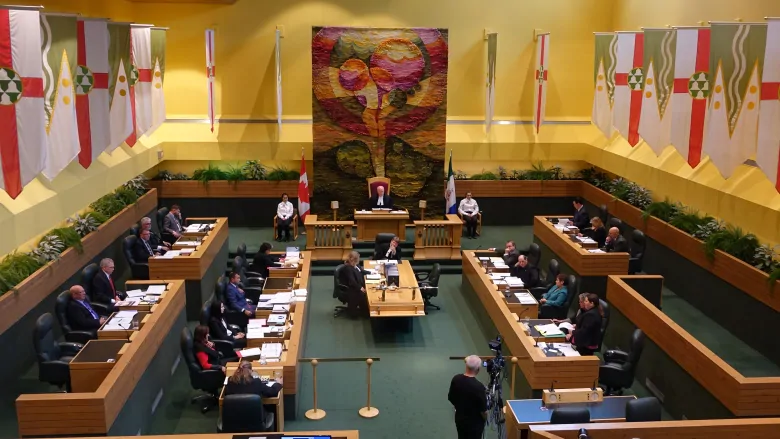
Duncan agrees there’s been progress, in making it easier and more encouraging for women in politics — but she also points to federal Environment Minister Catherine McKenna’s experience as a persistent target of sexist insults and threats.
“We need to raise the level of political discourse,” said Duncan.
Stick says it’s also important to recognize gender bias and discrimination, and acknowledge it.
“I think too often we let it slide, we let it pass. And to me, it’s important that those things be called out,” she said.
Written by Paul Tukker, based on interviews by Elyn Jones
Related stories from around the North:
Canada: Canadian gov grants $1M to promote women in northern politics, CBC News
Finland: Women now lead most Finnish political parties, Yle News
Sweden: Assessing Margot Wallström’s legacy as Swedish foreign minister, Radio Sweden
United States: Violence against Indigenous women still a hot topic for Alaska Federation of Natives, Alaska Public Media

